‘Hostile rhetoric’: Trump’s Cuba restrictions pushes it closer to China and Russia
Donald Trump seeks to curb commercial dealings with the government in Havana and to limit the newfound freedom of US citizens to travel to the island
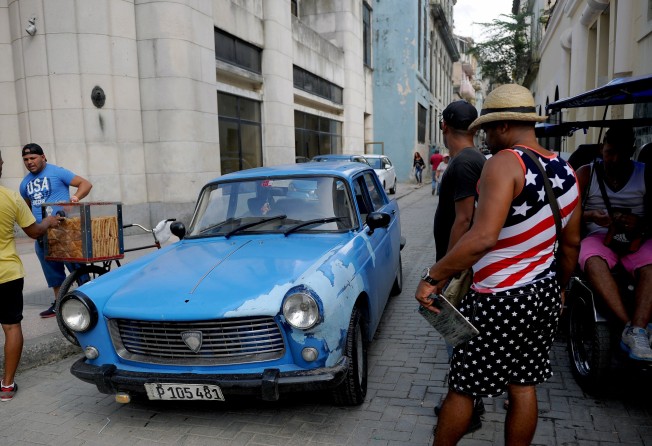
Cuba’s government has denounced US President Donald Trump’s “hostile rhetoric” in announcing new restrictions on US ties to the island nation.
The stern reaction came as a former White House official warned that Trump’s measures would push Cuba further toward China and Russia.
“The government of Cuba denounces the new measures toughening the embargo” imposed since 1962, according to a statement read on state television.
However, Havana “reiterates its willingness to continue the respectful dialogue and cooperation” that have taken place with Washington since 2015 when the drive for restored ties began under then president Barack Obama.
Watch: Trump blasts Obama’s Cuba policy
Earlier Friday, Trump vowed to overhaul Obama’s policies.
Although diplomatic relations, restored only two years ago, will remain intact, Trump tightened rules for Americans travelling to Cuba, banned ties with a military-run tourism firm and reaffirmed the existing US trade embargo.
Havana decried the “hostile rhetoric that recalls the time of open confrontation,” and “return to the coercive methods of the past.”
“Any strategy to change the political, economic and social system in Cuba, whether through pressure... or through more subtle methods, will be doomed to failure,” Raul Castro’s government said.
Castro has announced he will step aside as president in February 2018. He is expected to remain a senior figure in the ruling party, with power passing to an ally.
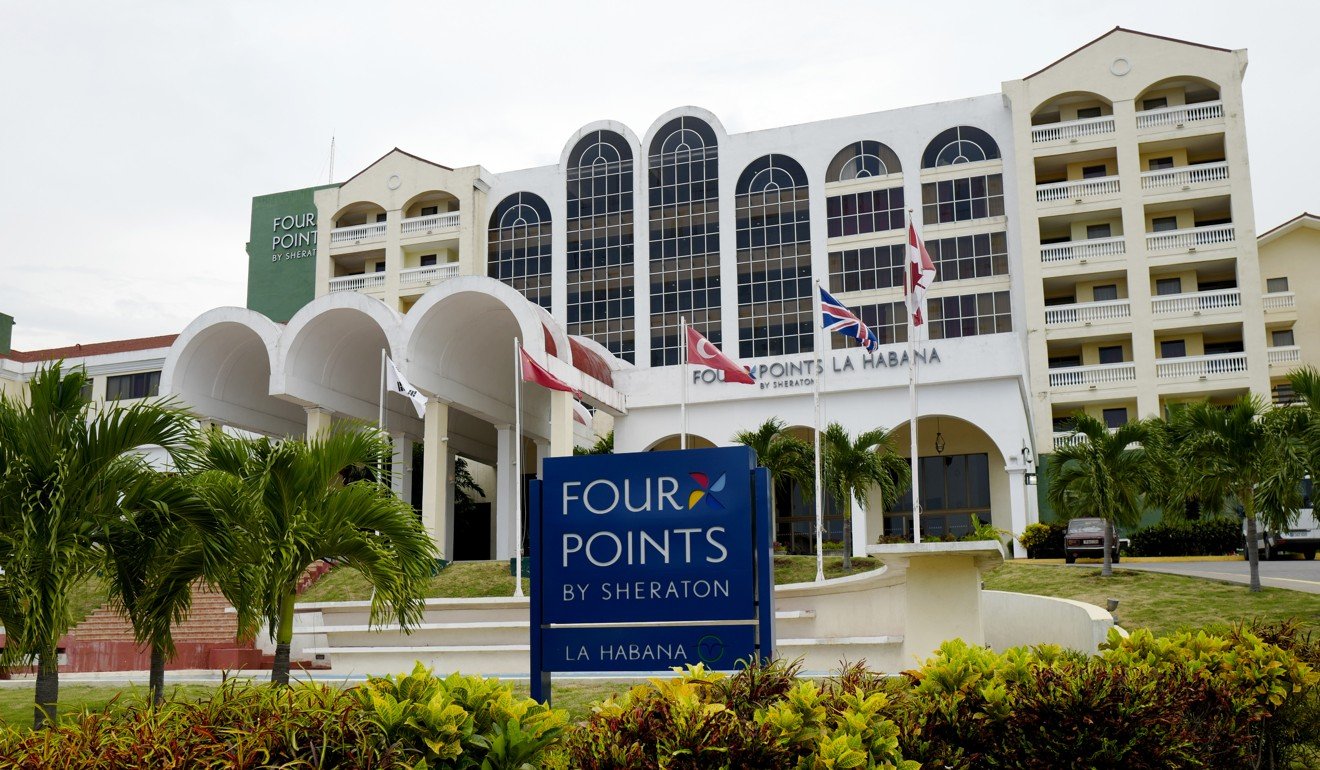
Trump said his measures aimed to punish the Castro regime, which Washington accuses of mistreating political dissidents.
“Last year, I promised to be . . . a voice for the freedom of the Cuban people,” he said in Friday’s speech. “You heard that pledge . . . and here I am,” he said in Florida.
As word of Trump’s proposals began to emerge this week, Benjamin Rhodes, a former senior Obama official who negotiated much of the thaw with Cuba, said it was important to focus on what would “not change” including diplomatic relations, bilateral cooperation in areas such as narcotics trafficking and immigration.
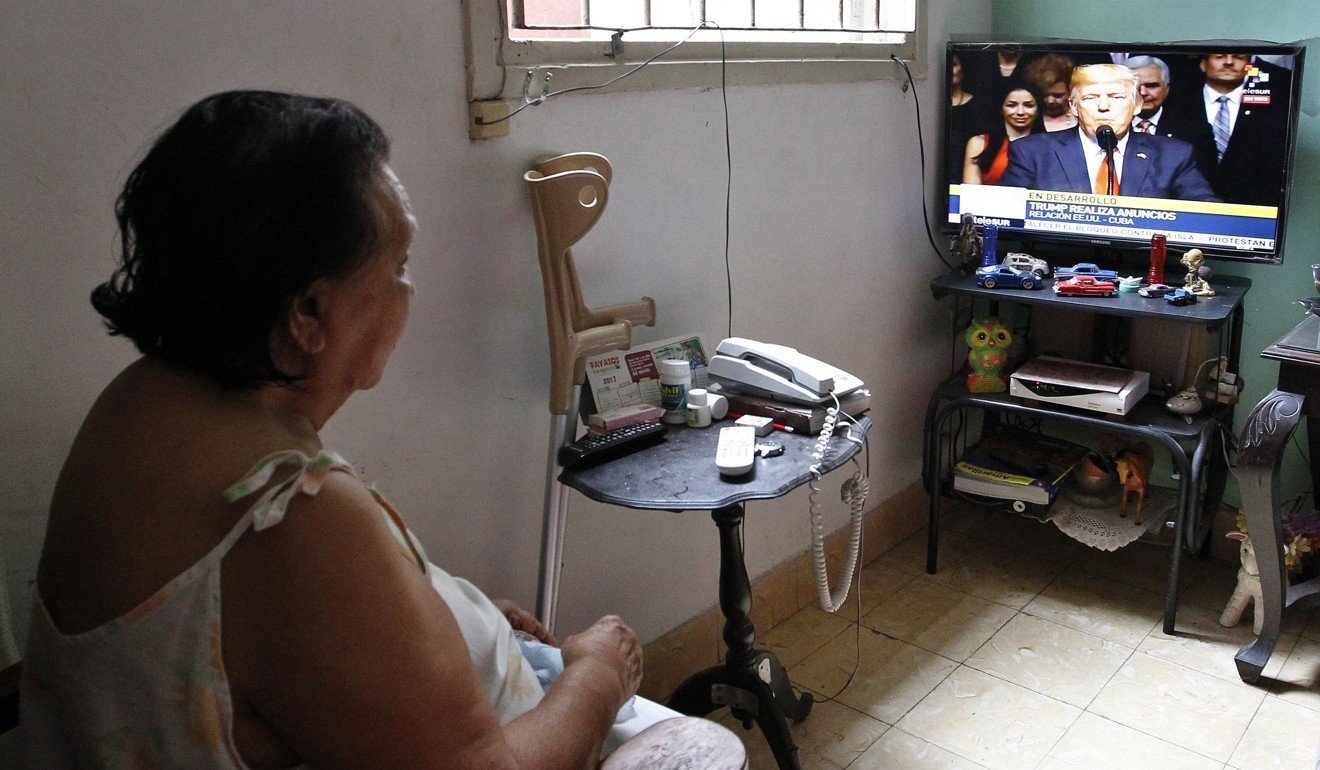
But Trump’s changes, he said, would harm Cuba’s growing private sector. In addition, he said, they could lead to a strategic problem, as Russia and China have moved to expand their military and economic cooperation with Cuba.
“New restrictions on engagement with Cuban economy only pushes Cuba to China and Russia who will gladly make up the difference,” Rhodes said.
“Any limitations on travel hurt Cuban small business owners - restaurants, shops, taxis - that depend on travellers for revenue.”
Cuba is about to receive its first major Russian oil shipment this century, and Moscow has pledged a $2 billion investment in the Cuban railroad. China is selling computers to the island, and Brazil has funded a state-of-the-art port in the Cuban city of Mariel.
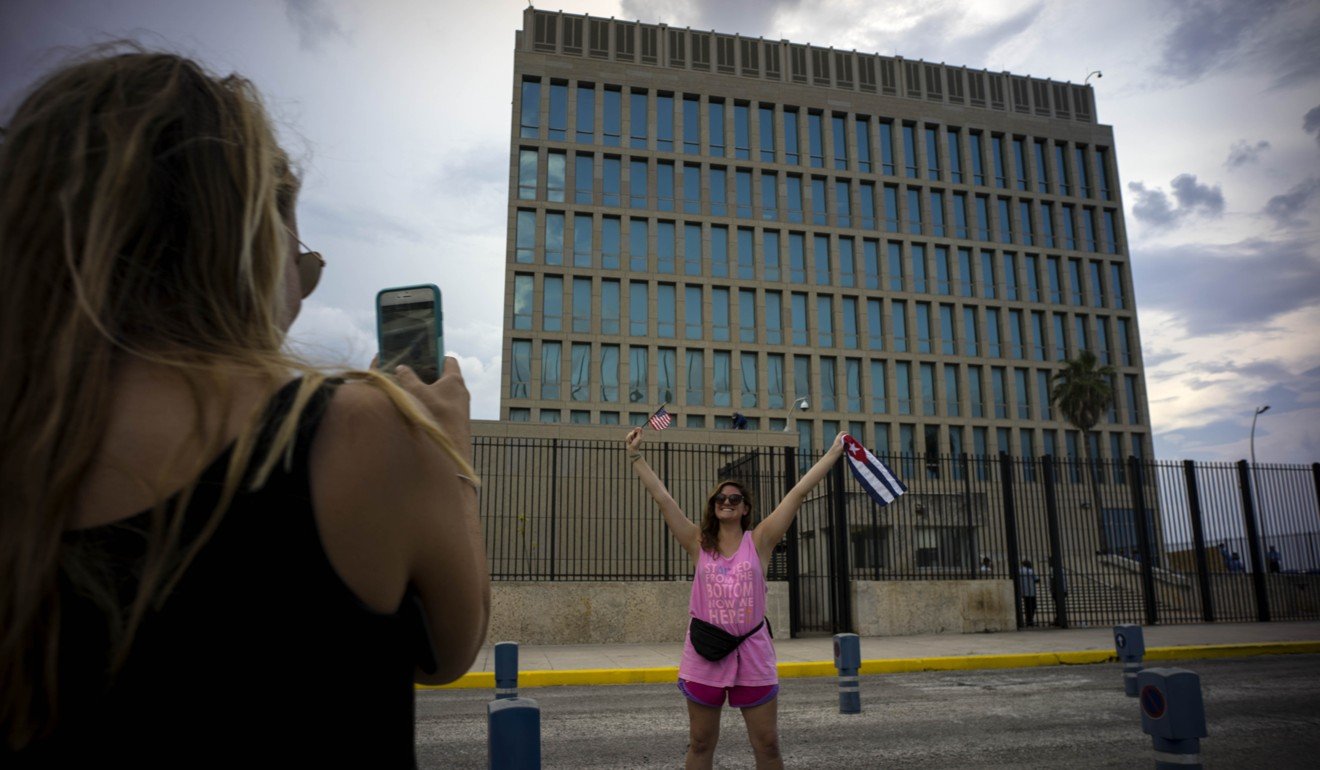
Trump had framed his revision as a move against a “cruel and brutal” regime: bypassing the state military-run business group GAESA to channel investment to the people.
But in Cuba, cutting out the armed forces means undermining the tourism sector, which is largely controlled by GAESA but also supports many small, private businesses.
“The new measures will attack the only sources of growth that the Cuban economy currently has: tourism and the private sector,” said Pavel Vidal, a Cuban economist at Pontifical Xaverian University in Colombia.
“The companies under military control are decisive for the operation of tourist services. If you restrict its capacity to receive foreign investment and make international payments, the economy is sure to suffer.”
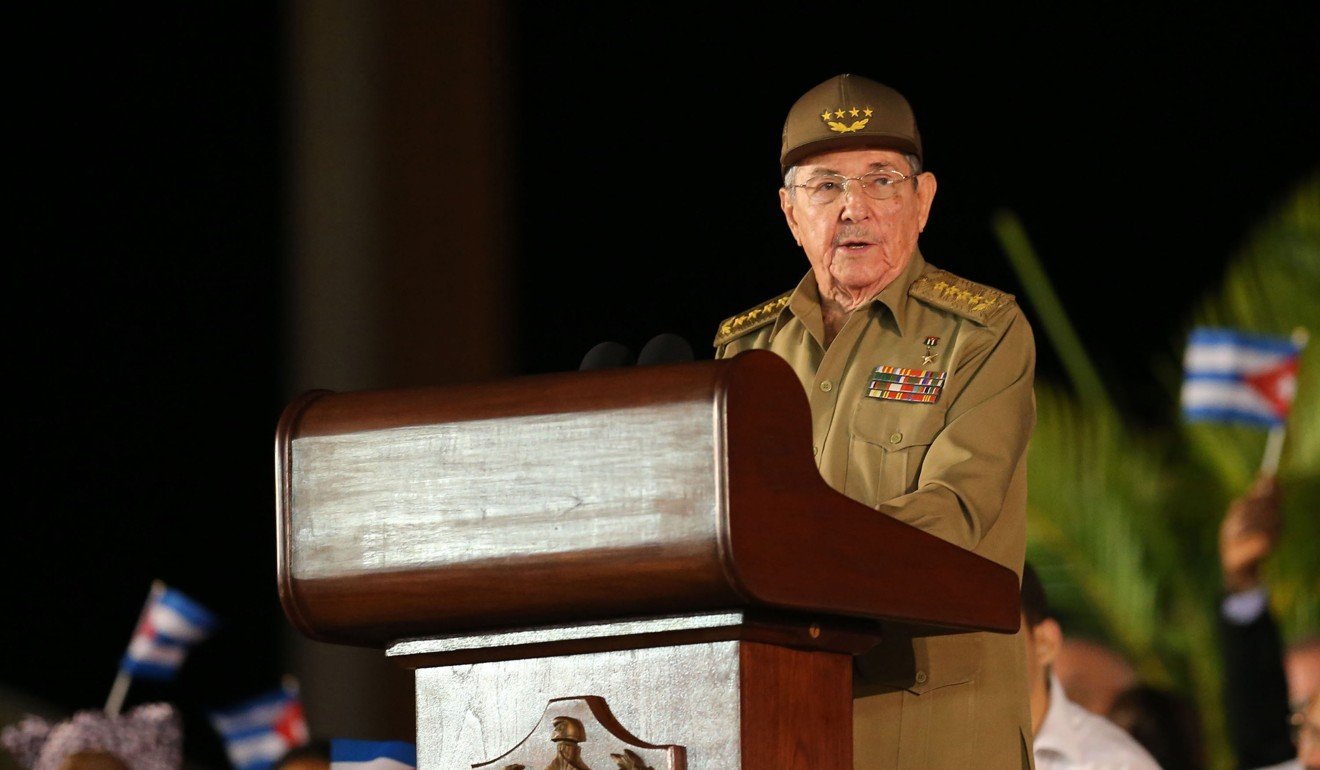
Cuba’s state Business Administration Group (GAESA) manages some 50 hotels, chains of shops, construction, communications and distribution firms and the major port of Mariel west of Havana.
Run by Luis Rodriguez Lopez-Callejas, son-in-law of Castro, GAESA is involved in joint ventures with several foreign firms that have driven a tourism boom on the island, including the Marriott hotel chain.
But the biggest impact may be felt by Cubans themselves.
“There will be little impact on the US economy,” said Michael Shifter, a specialist at the Inter-American Dialogue, a Washington-based research group.
“But for the Cuban economy - including the private sector - this shift is a tremendous blow.”
Boosting travel was a key aim of Obama’s effort to restore ties with Cuba after a half-century chill, which culminated with a visit by the then-president in 2016.
Some 285,000 people visited the Caribbean country in 2016, up 74 per cent over 2015, with Americans the third-biggest group after Canadians and Cuban expats.
Trump’s Cuba directive explained
Here are the possible changes:
● Tighter enforcement of rules requiring Americans to produce proof of valid travel to Cuba (such as receipts) under allowed categories.
● A reverting back to old policy of visits only being permitted with groups licensed by the Treasury Department.
● Americans who travel under permitted categories, such as education, will be subject to an audit by the Treasury Department.
● Commerce will be restricted with the business and commerce wing of Cuba’s military.
● Will make it difficult for US companies to expand their business in Cuba.
Areas that will likely not be affected:
● Unlimited family travel and money sent to individuals in Cuba.
● Airbnb (lodging hosted by Cuban residents).
● Ability for Americans to bring back unlimited amounts of Cuban-made products, such as cigars, for personal use.
● Embassies in Washington and Havana will remain open.
Associated Press, Agence France-Presse, The Washington Post, Tribune News Service